Home and office aesthetics is more than just a panorama of colors and designs—it’s a canvas where functionality, durability, and vivacity blend into an impressive masterpiece. Among the many elements that make this possible, one stands out—concrete countertops.
The increasing popularity of concrete countertops in modern design can be attributed to their versatility, durability, and eco-friendliness, making them an ideal choice for residential and commercial projects. Furthermore, with numerous design possibilities, including an array of colors, finishes, and edge profiles, concrete countertops can effortlessly create a statement piece in any space.
Concrete countertops have gained popularity over time, not just for their durability or functionality but also for the vast range of options when it comes to color choices. Concrete countertops have opened up a new realm for creativity, as DIY (Do-It-Yourself) enthusiasts incorporate color to personalize their kitchen or bathroom look.
This blog post will explain why concrete countertops have become a must-have designer’s element and explore some helpful tips for choosing the perfect concrete color countertop for your space.
Why Choose Concrete Countertops For Kitchen?
When choosing a countertop, one must consider many factors, from durability and maintenance to aesthetics and sustainability. The concrete countertop is one such option that stands out, respecting all these aspects; below, we discuss why many homeowners prefer concrete countertops.
- Versatility: One of the primary reasons designers and homeowners are turning to concrete countertops is their outstanding versatility. In terms of design, concrete countertops provide endless possibilities. They can be customized in color by integrating dyes and stains, helping them seamlessly blend in every kitchen design — from the most rustic to the ultra-modern. Textures and finishes can range from smooth and polished to rugged and raw, depending on the desired aesthetic.
- Durability: Renowned for its durability, concrete is built to withstand many everyday kitchen activities. The hardness of this material makes it incredibly resistant to chipping and scratching. Heat is also not a problem for concrete countertops; you can place hot pots and pans directly on their surface without causing any damage.
- Easy Maintenance: Maintaining a concrete kitchen countertop is straightforward and inexpensive. With correctly applied sealers, concrete countertops are non-porous, which makes them resistant to staining. They can be cleaned easily using a cloth and mild soap, making them a hygienic choice for the kitchen.
- Aesthetics: Concrete color countertops bring a distinctive aesthetic that stands out in any space. It has a natural, earthy look that enhances the room’s overall visual appeal while adding a touch of elegance and sophistication.
- Eco-Friendliness: Concrete countertops can be a more eco-friendly choice compared to other materials. Manufacturing concrete involves lower carbon emissions than many other materials. Moreover, concrete countertops can incorporate recycled materials, like glass, stone, and even shell fragments, as part of their design.
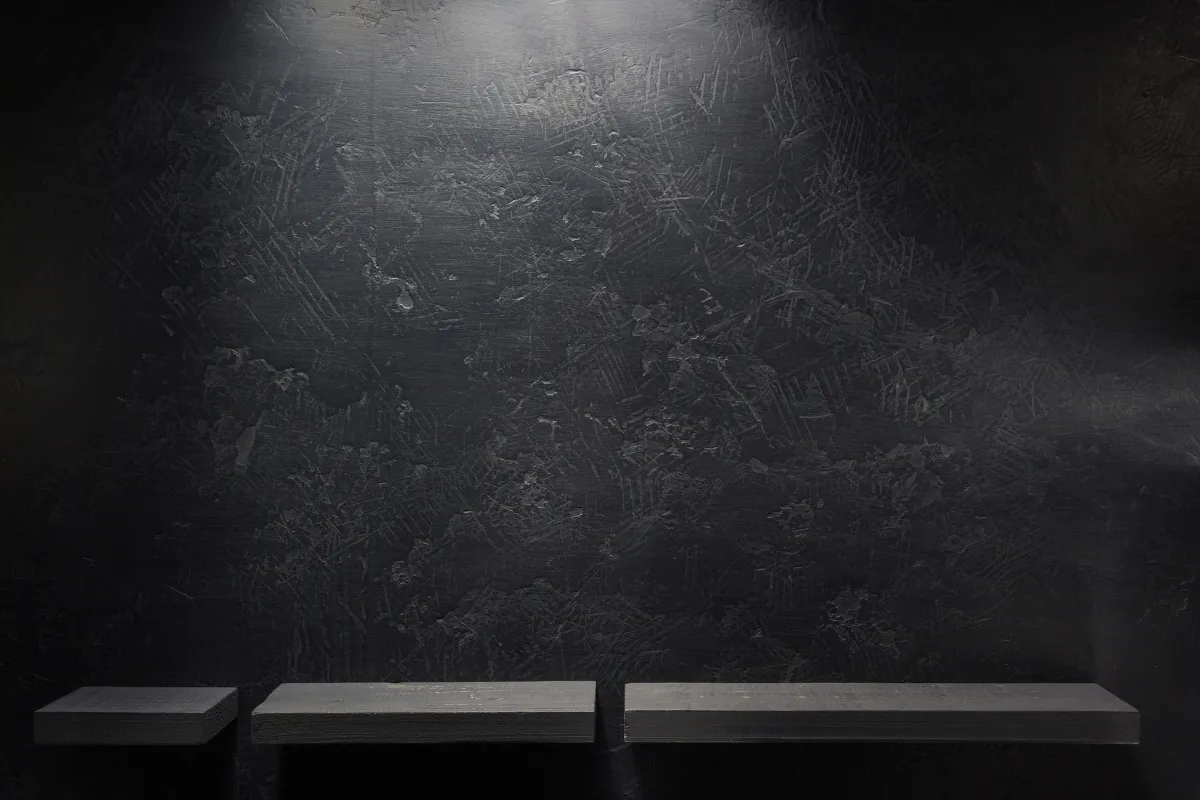
Concrete Countertops Vs. Other Types Of Countertops
Selecting the perfect countertop material for your space can be challenging, given the many available options. There are distinct differences between concrete and other countertops—granite, quartz, and laminate.
Concrete Countertops Vs. Granite Countertops
Concrete and granite countertops offer a luxurious, high-end aesthetic but differ in customization potential.
- Customization: Concrete color countertops offer a level of personalization that granite cannot match. Concrete is poured, molded, and shaped to custom specifications, offering unlimited design possibilities, including shape, size, edge detail, and it could even be coloured to form coloured concrete.
- Durability: While both materials are durable, granite has the edge of being scratch-resistant, but concrete handles heat better.
- Maintenance: Granite must be sealed upon installation and resealed over time to avoid stains. Concrete also requires sealing and can be susceptible to etching if incorrectly filled.
- Price: Both materials’ installation costs are relatively comparable, though granite can sometimes be more cost-effective.
Quartz Countertops
Concrete and quartz countertops offer unique advantages, with concrete providing more design flexibility and quartz offering durability.
- Customization: As with granite, quartz does not offer the same level of customization as concrete. Quartz is available in many colors, but the manufacturer presets these.
- Durability: Quartz, composed of natural stone particles and resin, is more durable than concrete and is less susceptible to chipping, scratches, or stains.
- Maintenance: Quartz countertops are low-maintenance, requiring no sealing, unlike concrete.
- Price: Quartz tends to be pricier than concrete because it has to go through a manufacturing process.
Laminate Countertops
Contrasting concrete with laminate countertops reveals dramatic differences in aesthetic appeal, durability, and price.
- Customization: Concrete countertops take the lead in customization over laminate countertops, which are limited by their premade designs.
- Durability: Concrete is more resistant to heat and damage, whereas laminate can be easily scratched, chipped, or burned.
- Maintenance: Both materials are relatively easy to maintain, although laminate requires no sealing.
- Price: Laminate is one of the most affordable countertop options, making it a popular choice for budget-conscious homeowners.
The DIY Charm — Making Your Custom Concrete Countertops
The DIY process involves choosing the right integral color to complement your kitchen, applying the correct sealer, and following careful steps for a successful project.
First, select concrete countertop pigments harmonizing with your kitchen color scheme and backsplash. Meticulous planning enriches the color’s aesthetic, wrapping your workspace in a personalized luxury vibe. DIY concrete projects allow complete control over color combinations – embrace the freedom!
Next, delve into the DIY concrete process. It involves creating a mold, mixing and pouring the concrete, and then applying an acid stain for added depth and interest. Correctly using a high-quality sealer then safeguards your masterwork from wear and tear.
Finally, consider the advantages of DIY concrete over traditional countertop choices. It propels beyond its counterparts with bespoke design potential. No mass-produced granite or laminate piece will rival your unique DIY concrete countertop.
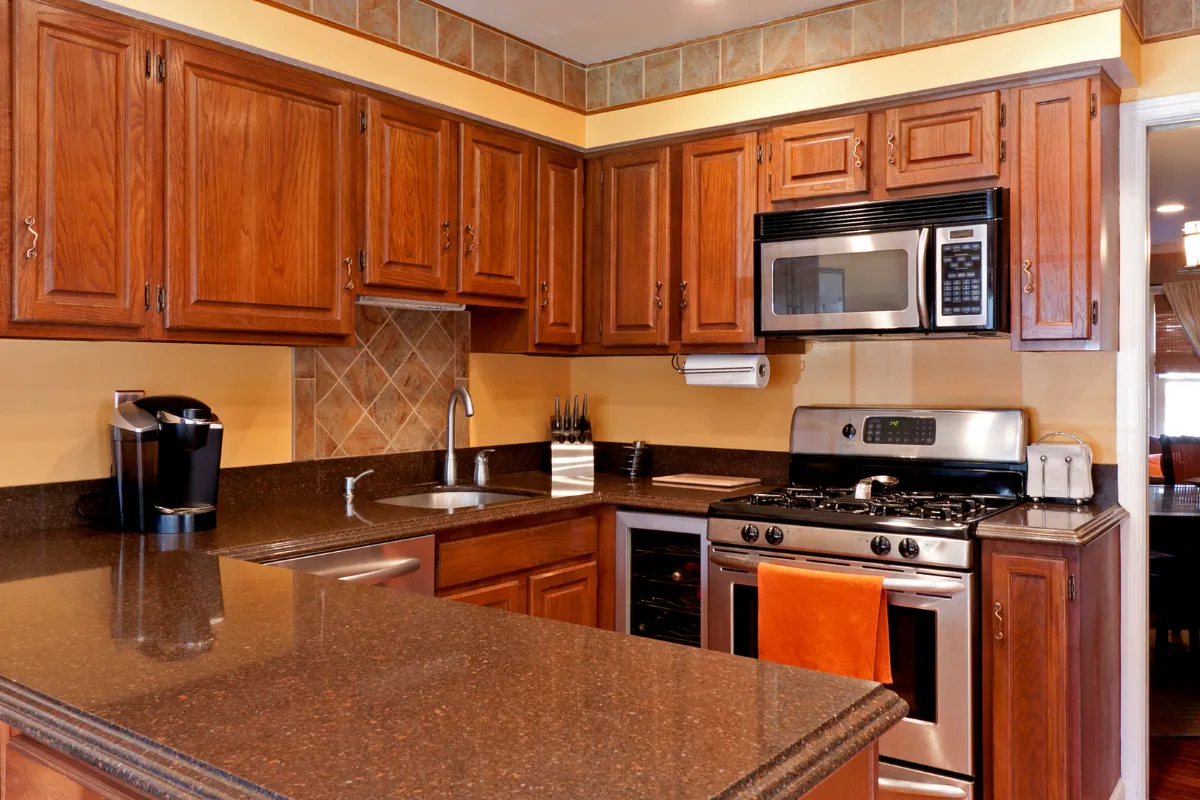
Customizing Your Concrete Countertop: The Power Of Stain And Acid Stain Concrete
Stains transform your custom concrete from standard to spectacular. Simple application techniques allow you to carefully blend color concrete, creating a countertop that doesn’t merely exist in your kitchen but enhances it. Start with the base – choose an integral color that complements your kitchen style. Then, dive into the world of colored concrete stains.
Acid stain brings the mottled, marbled effect, a timeless look cherished by designers for its unique beauty. Acid stain reacts with the concrete base for a distinctive, multi-hued surface, seamlessly integrating with your existing kitchen decor or backsplash. Use a sealer after the stain application to seal in color and add a protective layer to your countertop, ensuring the long-lasting charm of your colored concrete.
Indoor And Outdoor Application: Why Concrete Countertops Work Everywhere
Known for their versatile quality, concrete color countertops can enhance indoor and outdoor spaces, serving as cost-effective, stylish options that create beautiful focal points.
In the home, colored concrete countertops transform ordinary kitchens and bathrooms into one-of-a-kind, personalized spaces. Complement your decor with an array of concrete countertop colors. Is romantic blush pink for a bathroom countertop or elegant dark grey to stylize a modern kitchen? With integral pigments, such as direct colors or dye, your choices range from white concrete countertops to layered, multi-toned designs that add depth and character to your space. DIY concrete countertops also offer a hands-on approach to home improvement, catering to that creative streak and desire for a unique home.
An outdoor kitchen adorned with concrete counters can handle the elements with its UV-stable and rugged nature. The possibilities are seamless, from natural-looking gray concrete to decorative concrete with custom color throughout. Concrete’s durability matches weather conditions, retaining its beauty and functionality in any outdoor living space.
Concrete Countertops As Versatile Designer’s Element
Concrete countertops dazzle with their artistic edge while delivering remarkable utility. With the versatility of integrally-colored countertops offering a broad range of colors, each concrete countertop showpiece can transform spaces from ‘tedious’ to ‘wow.’ Be it a stark and modern white countertop for a trendy kitchen renovation, a dark gray counter for a sophisticated bathroom, or a colorfully dyed outdoor kitchen countertop, the possibilities to create beauty with concrete are infinite.
Custom concrete countertops are investments that pay off aesthetically and functionally. Their resilience and adaptability let them weather life’s sundry beats, indoors or outdoors. Their UV stability, seamless construction, and broad color spectrum are assets that reinforce their long-term value.
If you’re seeking a cost-effective, customizable, and enduring solution that ensures your project will inspire, look no further than concrete countertops. It’s time to turn your one-of-a-kind vision into an impressive reality.

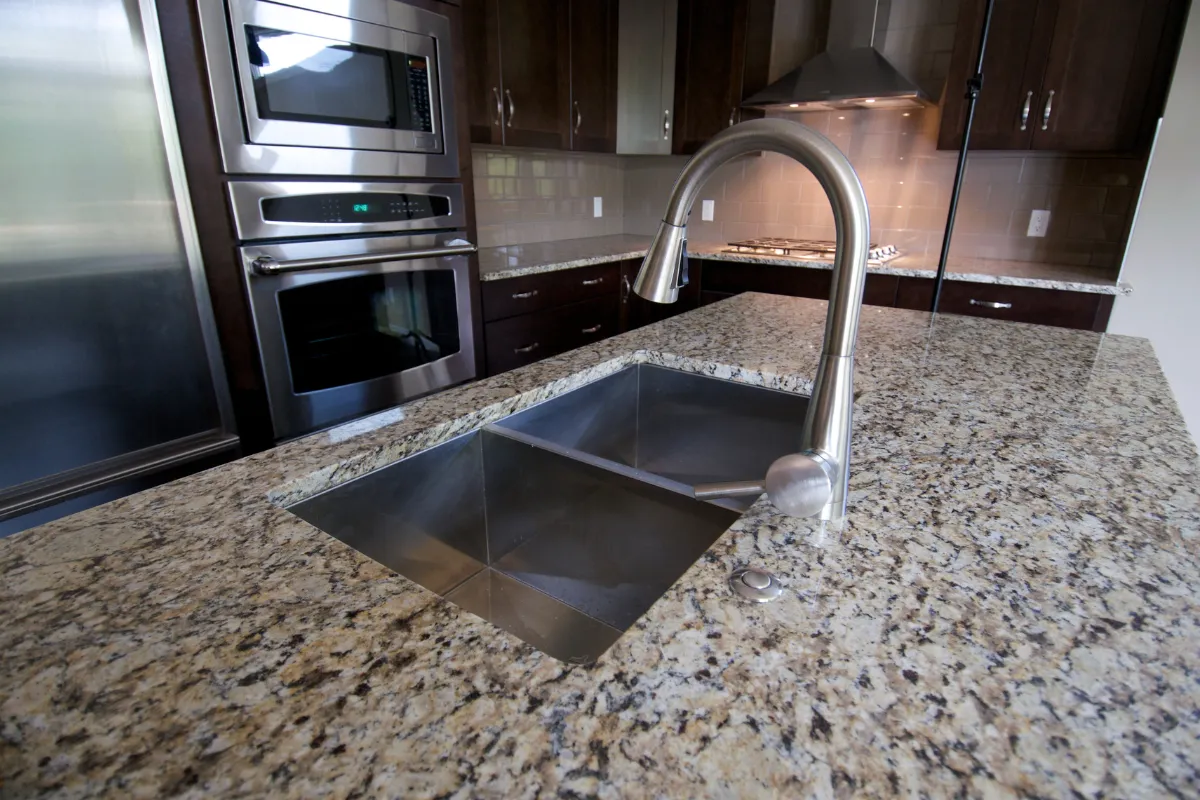
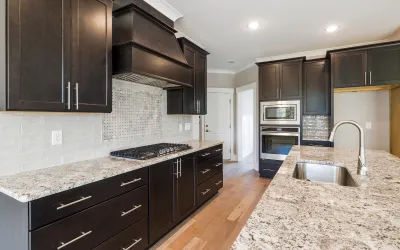
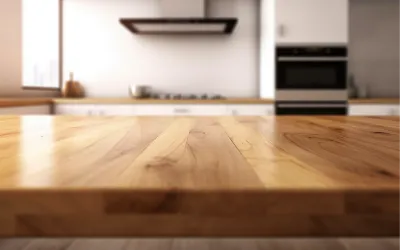
0 Comments